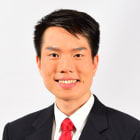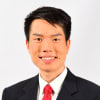commentary Commentary
Commentary: Parents play an outsized role in academic stress children face
With home-based learning back on the horizon, parents have to step up even more in helping their children learn. But they also have a big role in relieving stress, say NUS researchers, Kim Yongbeom and Fung Fun Man.
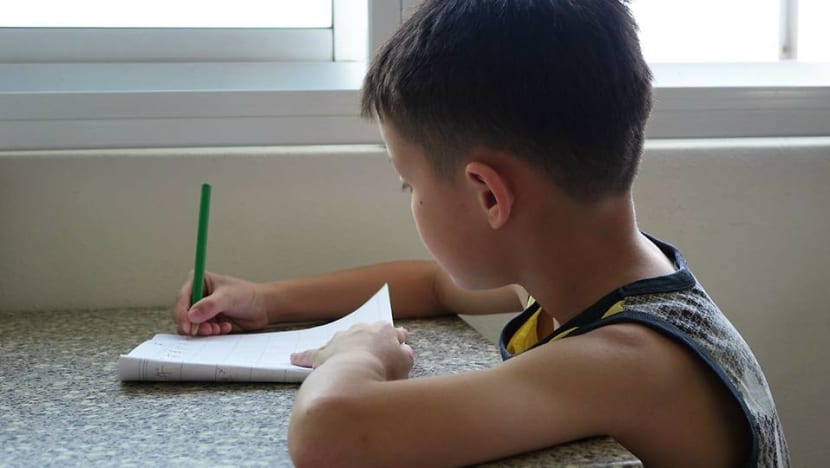
(Photo: Pixabay)
SINGAPORE: When details of the indicative score range for all secondary schools for PSLE students were announced in April this year, another round of anxiety and fear struck parents and students.
Despite the changes in the education system over the years to reduce the emphasis on examination and tests, parents still feel the PSLE is a high-stakes one and a new scoring system doesn’t change the pressure for kids to get into good schools.
And so, despite learning being disrupted by the pandemic, there is still a palpable ploughing of resources in the form of tuition, enrichment classes and coaching to help children do better.
READ: Commentary: New PSLE scoring, cut-off points for secondary school are stressful for parents all the same
In the midst of all the uncertainty and anxiety, parents and students, once again, turned to tuition centres and enrichment classes. The question many parents wrestle with is whether private tuition is the key to academic success.
The desire to send students for extra classes is an understandable one. Quite often, parents may not have the expertise or time for various subjects, and hence, private tuition is often sought to bridge the gap in learning.
Having said that, parents should be wary of links between academic performance and extra lessons outside class.
Some studies done have shown that the exact relationship varies, with some research pointing to student motivation having a larger impact.
Other factors also matter – like quality of schooling, parental education and skills, as well as students’ perceptions of themselves.
In a 2006 research paper, Dr Euston Quah and Dr Roland Cheo found that excessive tuition is counter-productive, leading to “an overall decline in academic performance”. They argued that diminishing returns set in far quicker when over‐investment in the child takes place.
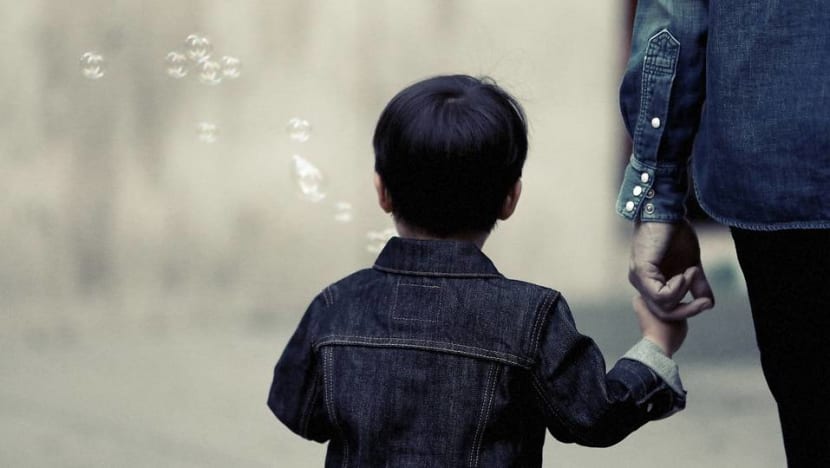
However, this isn’t to say that tuition is inherently detrimental to academic performance. In the same study, the authors also noted that some levels of tuition can be potentially beneficial.
In particular, they found a positive association with grades and tuition hours for students up to 5.5 hours of tuition per week.
(Listen to three working adults reveal how their PSLE results have shaped their life journeys in a no-holds barred conversation on CNA's Heart of the Matter podcast:)
While there is nothing wrong with having one or two enrichment classes, private tuition today seems to have taken over the lives of our children - a practice both harmful and counter-productive.
OVEREMPHASIS ON ACADEMICS
The excessive prescription of private tuition is not the problem, but a symptom of the single-minded premium we place on academic excellence.
Perhaps it is time to rethink both, as students have just finished their mid-year exams, another chapter of their school year is an opportunity for parents to re-think their approach.
After all, our education has undergone huge changes, such as digitalisation, and with it come new stressors, uncertainties and teaching strategies.
In a 2016 study, researchers from Arizona State University observed that students whose parents put a disproportionate emphasis on academic achievement had worse academic performance and more learning problems and disruptive behaviours at school.
READ: Commentary: These PSLE changes won’t fix our national obsession with academic achievement
READ: Commentary: What is lost when we spend more on tuition
In fact, children whose parents valued kindness did not suffer in academic performance and did much better on measures of psychological well-being.
Dr Suniya Luthar, a Professor Emerita at Teachers College, Columbia University and a co-author of the study, noted that an overemphasis on external validations such as grades for children’s sense of self-worth can lead to greater insecurity, anxiety and overall distress.
The same study also noted that while encouraging achievements is not bad in itself, it becomes destructive when it comes across as critical, and when it overshadows the emphasis on more intrinsic goals oriented towards personal growth, interpersonal connections and community well-being.
Perhaps this is a situation familiar to many parents. In all our zeal to help our children be the best possible versions of themselves, many parents resort to criticism, taking a “tough love” approach, and unconsciously channelling frustration at seeing the persistent shortfalls from performance.
Often, we don’t think about the tone of our voice – which can come across as signalling to our children that they are not “good enough”.
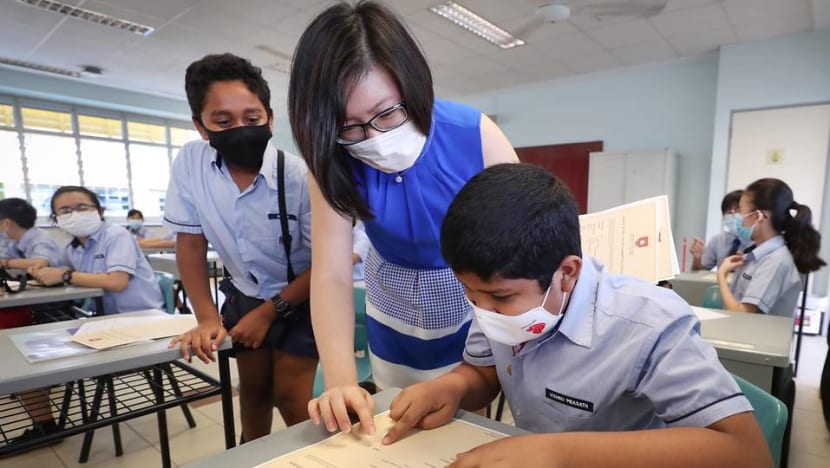
Reprimanding, making comparisons or even showing disappointment, criticism can be counter-productive at improving children’s performance.
When children are exposed to such criticism frequently, they can begin to criticise themselves, which could put them at higher risk of poor interpersonal functioning, depressive disorders and suicidal behaviours.
READ: Commentary: Tracking your child’s online activity should not be done covertly
In fact, researchers have warned of the potentially debilitating effects of personal criticism in regards to academic motivations and learning goals.
These behaviours might not be evident to parents, where studies even show that parents criticise much more and praise much less than what they perceive.
CELEBRATING EFFORT AND HARD WORK
As researchers interested in this field, we are encouraged by how many more parents are trying their best to reduce their focus and heavy emphasis on academic excellence.
For those parents who are trying, the work of Stanford professor Carol Dweck is instructive.
Dr Dweck’s research illustrates that human’s most basic abilities can be developed through dedication and hard work. Therefore, to maximise their child’s potential, parents should seek to acknowledge learners’ effort rather than deciding ways to help them.
While praising effort is important, Dr Dweck also warns against offering praise as a consolation prize. Praise is not a band-aid to be applied to poor performance and should not be offered gratuitously for any routine activity.
Instead, she highlights how parents should praise their kids when they move out of their comfort zone and challenge themselves, despite failing, to adopt a growth mindset.
READ: Commentary: How to sabotage your child’s future – five dangerous notions about life, careers and education
READ: Commentary: There is no shame in being a Tiger Parent
In these testing times, parents have to lean in much more heavily to supervise their children as all learning goes online.
Childhood is a time where children build social skills, learn values and emotional intelligence. These developments should not be sacrificed to pursue grades, especially in a pandemic when it is easy to succumb to signing up for ever more classes.
If parents are their children’s best advocate – not just for their grades – but for their sense of wonder, their personality, their learning journey and their love – then they will be their best defence against the crippling condition of academic stress.
Dr Fung Fun Man is an instructor at the National University of Singapore’s Department of Chemistry and principal lecturer of the course Learning to Learn Better. He is also a recipient of the CAS Future Leaders Programme (2020).
Kim Yongbeom is an incoming undergraduate at the National University of Singapore’s School of Computing and University Scholar’s Programme.
The opinions expressed by the authors are their own, and are not representative of NUS.








